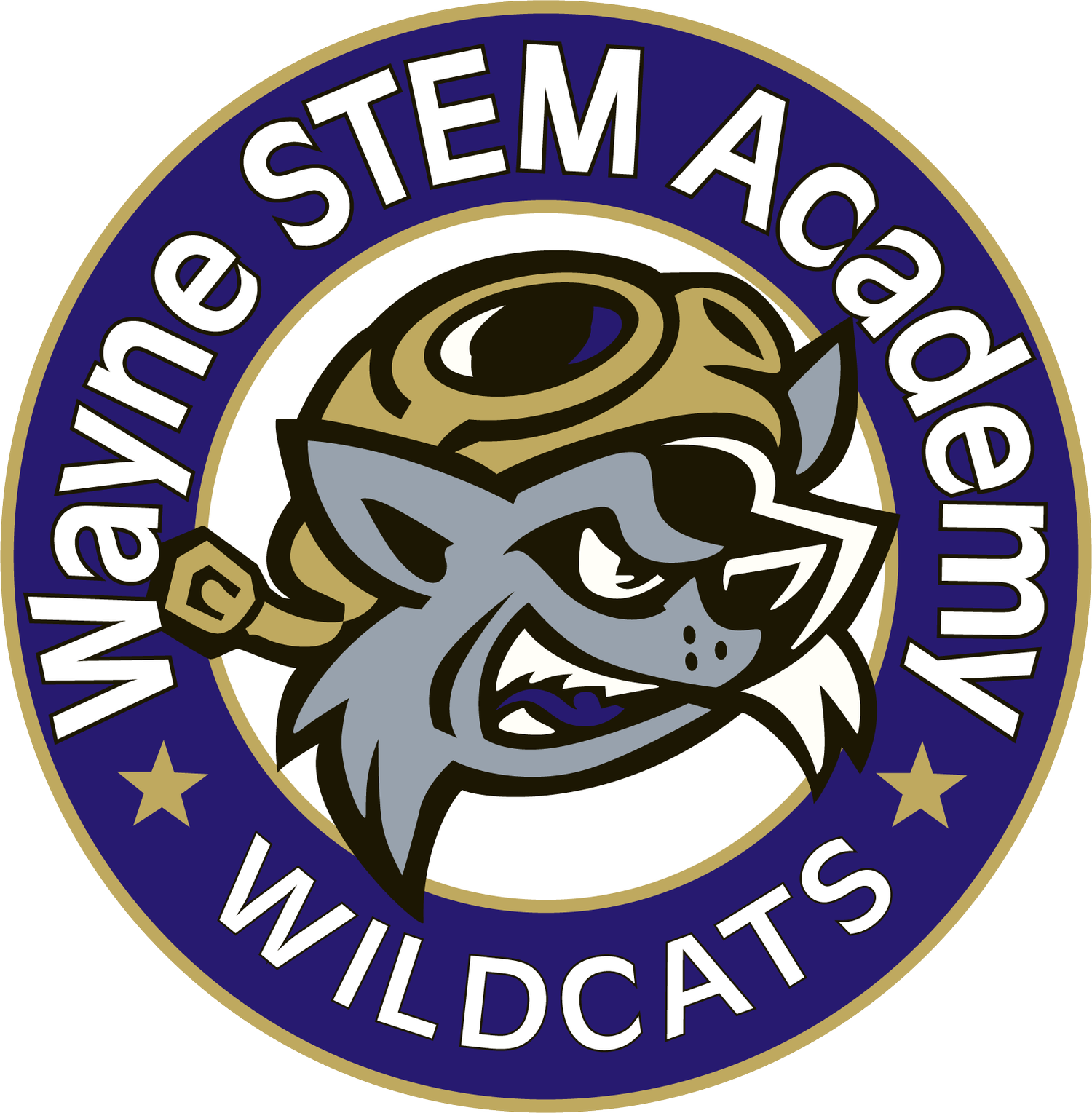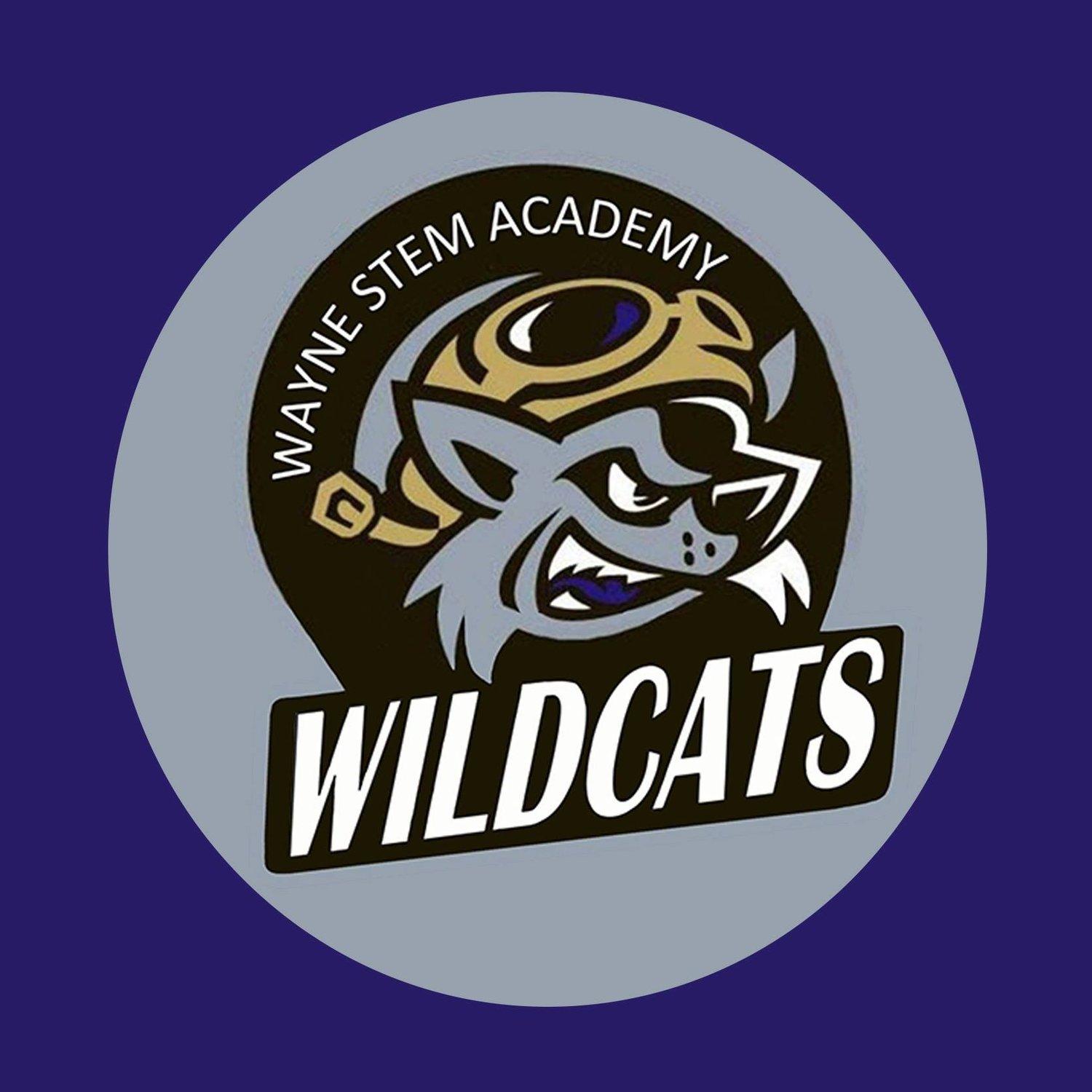Federal Programs
This page contains important information on federal programs associated with Wayne STEM Academy. Read the information below or follow the links in the parent resources section of this page to learn more about our programs and policies.
Parent Resources
Exceptional Children
WSA is committed to have in place plans to meet the needs of all children on day one of instruction. Further, policy incorporates all required elements to meet Federal and State regulations (e.g., discipline, confidentiality, accountability, maintenance of effort, child find, etc.). Individuals with Disabilities Education Act (IDEA) | Office of Exceptional Children | NC DPI
In the event that WSA experiences an interruption in planning to meet the needs of all children on day one of instruction, a contingency planning team will meet to investigate and solidify compensatory services to be provided.
WSA will maintain and distribute NC Policies governing Services for Students with Disabilities as well as provide direct access to Procedural Safeguards: Handbooks on Parents’ Rights for parents, staff, and stakeholders through our website/online portal.
Supporting Students with Intensive Support
At WSA our MTSS Model integrates assessment and intervention with a multi-level prevention system to maximize student achievement and reduce behavior problems. During weekly PLC meetings (as a monitoring component of our MTSS Model) WSA uses data to identify students for acceleration or those at risk for poor learning outcomes. MTSS allows WSA to monitor student progress through programs, provide evidence-based interventions and adjust the intensity and nature of those interventions depending on a student's responsiveness. MTSS will also be used to support and identify students with learning disabilities as a primary component of Child Study.
Specifically pertaining to supporting students with intensive support, WSA will engage in a problem solving approach that clearly outlines individual tasks and objectives from which to provide intensive support to students academically or behaviorally. Instructional supports may include small group instruction, one-on-one instruction, explicit instruction, multisensory learning, and technology/computer-based interventions as examples. Any intensive support would include increased (or intensified) progress monitoring through the use of curriculum based assessments (either teacher created or embedded within the use of evidence-based programs; Edmark, Wilson Language, Direct Instruction, OG). All support would be aligned with the goals and objectives of the individual student IEP and may result in scheduling additional IEP Team meetings for progress reporting - as approved by the IEP Team.
Section 504
As defined by federal law: “An individual with a disability means any person who: (i) has a mental or physical impairment that substantially limits one or more major life activity; (ii) has a record of such an impairment; or (iii) is regarded as having such an impairment” [34 C.F.R. §104.3(j)(1)].
Project Child Find
An effort coordinated by WSA and the Exceptional Children Division, State Department of Public Instruction, to: Locate and identify children and youth ages birth through 21 with disabilities who are in need of special education and related services.
Title I Parent & Family Engagement Policy
Section 1116 of the Elementary Secondary Education Act (ESEA) requires the involvement of parents, families, and key community members of participating children in the design and implementation of Title I projects. A local educational agency (LEA) may receive funds under this part only if such agency implements programs, activities, and procedures for the involvement of these stakeholders in programs assisted under this part consistent with this section. Such programs, activities, and procedures shall be planned and implemented with meaningful consultation with parents and guardians, extended family members, and community members of participating children.
McKinney-Vento Homeless Education Assistance
The McKinney-Vento Homeless Assistance Act (McKinney-Vento Act) ensures homeless children and youth have equal access to the same free and appropriate public education, including a public preschool education, as provided to other children and youths. It has most recently been reauthorized under the Every Student Succeeds Act of 2015 (ESSA).
For more information visit: NC Homeless Education Program
Contact: Sharon.Bass@waynestem.org | Liaison

